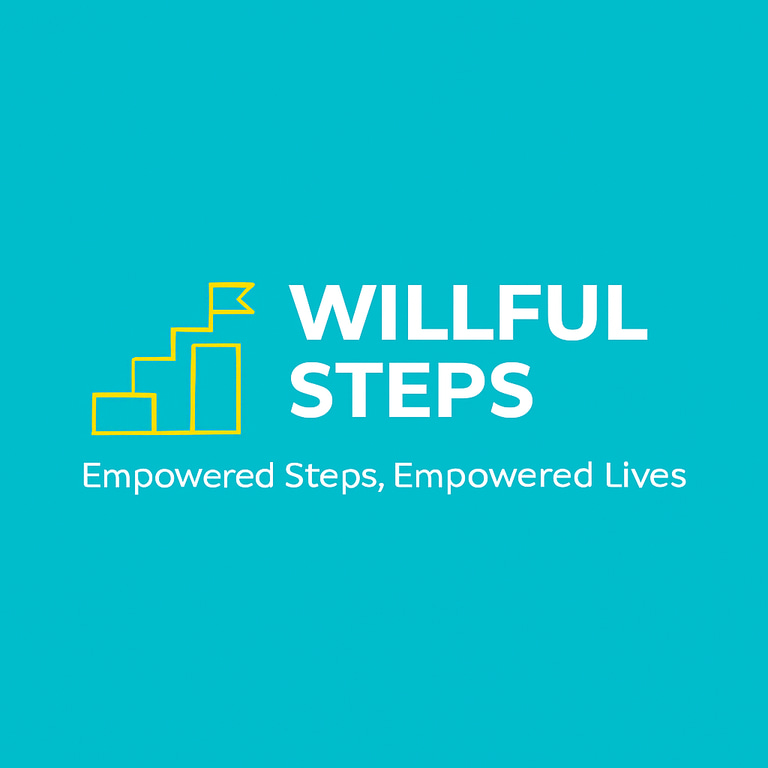Understanding the Difference: Therapy vs. Coaching for ADHD
Therapist or Coach
Michael J Perez
4/16/20252 min read


Introduction to Therapy and Coaching
When it comes to improving well-being, many people find themselves confused about the different paths available to them. Therapy and coaching are two popular options, but they serve distinct purposes, especially concerning ADHD. While both aim to enhance individual quality of life, they differ significantly in approach, focus, and the nature of the relationship between the practitioner and client.
What is Therapy?
Therapy is typically geared toward addressing mental health issues and involves the evaluation and treatment of psychological conditions. Therapists are trained professionals, often licensed, who delve into clients' past experiences to uncover the root causes of their challenges. In the context of ADHD, therapy can explore behavioral patterns, emotional responses, and past trauma, helping clients understand how these elements affect their current life. The therapeutic relationship is often clinical and structured, focusing on healing and managing diagnostic conditions.
What is Coaching?
On the other hand, coaching, particularly ADHD coaching, takes a different approach. Rather than focusing on past issues, ADHD coaching is future-oriented and goal-driven. Coaches work collaboratively with clients to develop skills and strategies to manage ADHD effectively. This non-clinical relationship emphasizes personal growth, accountability, and skill development, making it a practical option for those looking to achieve specific life goals. Coaches often play a supportive role in helping clients navigate the diagnostic journey, using insights from evaluations to customize coaching strategies.
Key Differences Between Therapy and Coaching
While both therapy and coaching can greatly benefit individuals seeking improvement, understanding their fundamental differences is crucial. Here are some of the key distinctions:
Nature of Relationship: Therapy often establishes a clinical relationship, while coaching fosters a collaborative partnership focused on personal achievement.
Focus: Therapy addresses past traumas and diagnoses, whereas coaching centers around present and future goals.
Techniques Used: Therapists may use various psychological techniques to address mental illnesses, while coaches employ practical tools and strategies aimed at personal development.
In conclusion, whether you're considering therapy or coaching for ADHD, it's essential to understand how each can best serve your journey towards well-being. Therapy provides the depth and diagnosis needed for those struggling with mental health issues, while coaching offers support tailored towards goal achievement and skill management. By assessing your needs, you can choose the path that aligns best with your personal growth and goals.
Willful Steps
Unlock the potential within your team, clients and community.
Focus
Thrive
michael@willfulsteps.com
0434 318 542
© 2025. All rights reserved.
DISCLAIMER
The information contained on this website and provided through our coaching and training services is for general informational and educational purposes only.
Not Professional Advice The content on this site does not constitute legal, financial, medical, psychological, human resources, or professional advice. Nothing on this website creates a coach-client relationship. Always seek the advice of qualified professionals regarding your specific circumstances.
No Guaranteed Results Individual results from coaching and training vary significantly based on personal circumstances, effort, and implementation. We do not guarantee specific outcomes, behavioural changes, career advancement, or organisational improvements.
Neurodiversity Information Information about neurodivergent conditions (ADHD, autism, dyslexia, etc.) is general in nature and not diagnostic. We do not provide medical diagnoses or treatment. Consult qualified medical professionals for assessment and treatment of neurodevelopmental conditions.
Workshop Content Our workshops and training materials are designed for educational purposes. Implementation of strategies discussed is at the discretion of participants and their organisations. We recommend consulting with HR professionals, occupational therapists, or medical practitioners when making workplace accommodations.
Third-Party Links This website may contain links to third-party websites. We are not responsible for the content, accuracy, or privacy practices of external sites.
Limitation of Liability To the maximum extent permitted by law, Willful Steps and its directors exclude all liability for any loss, damage, or expense arising from the use of or reliance on information contained on this website or provided through our services.
Copyright © 2026. All rights reserved. No part of this website or our materials may be reproduced without prior written permission.
Governing Law This disclaimer is governed by the laws of Western Australia, Australia.
Last updated: 01/01/2026
